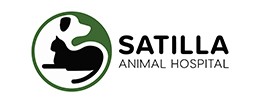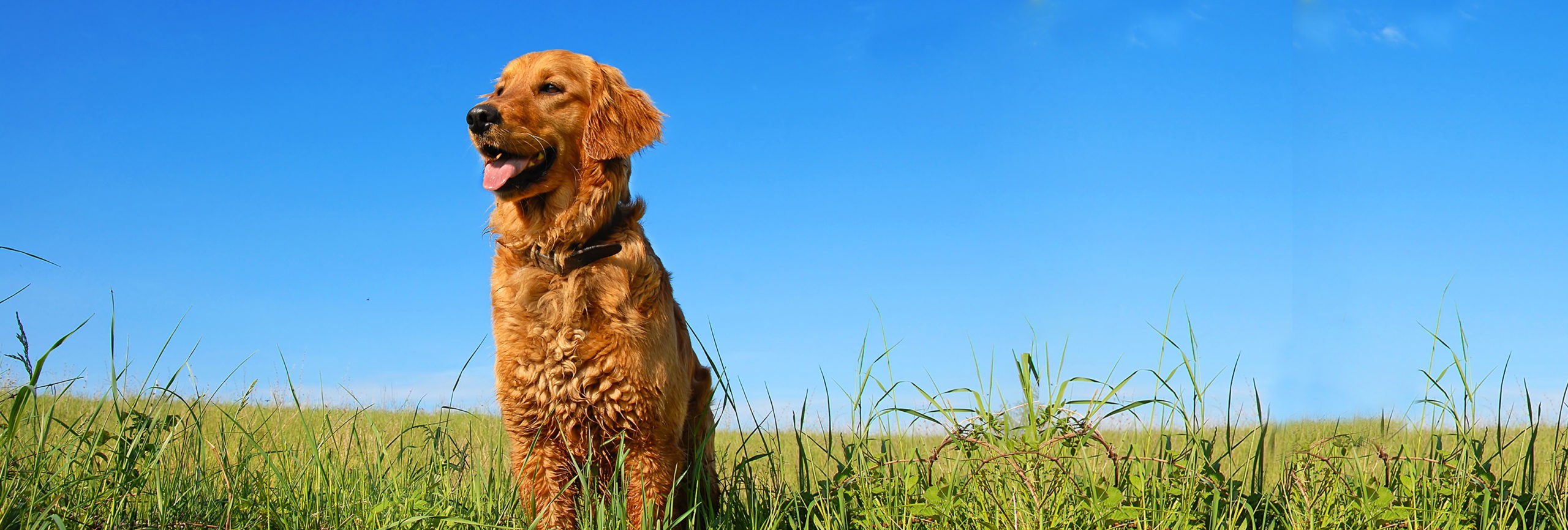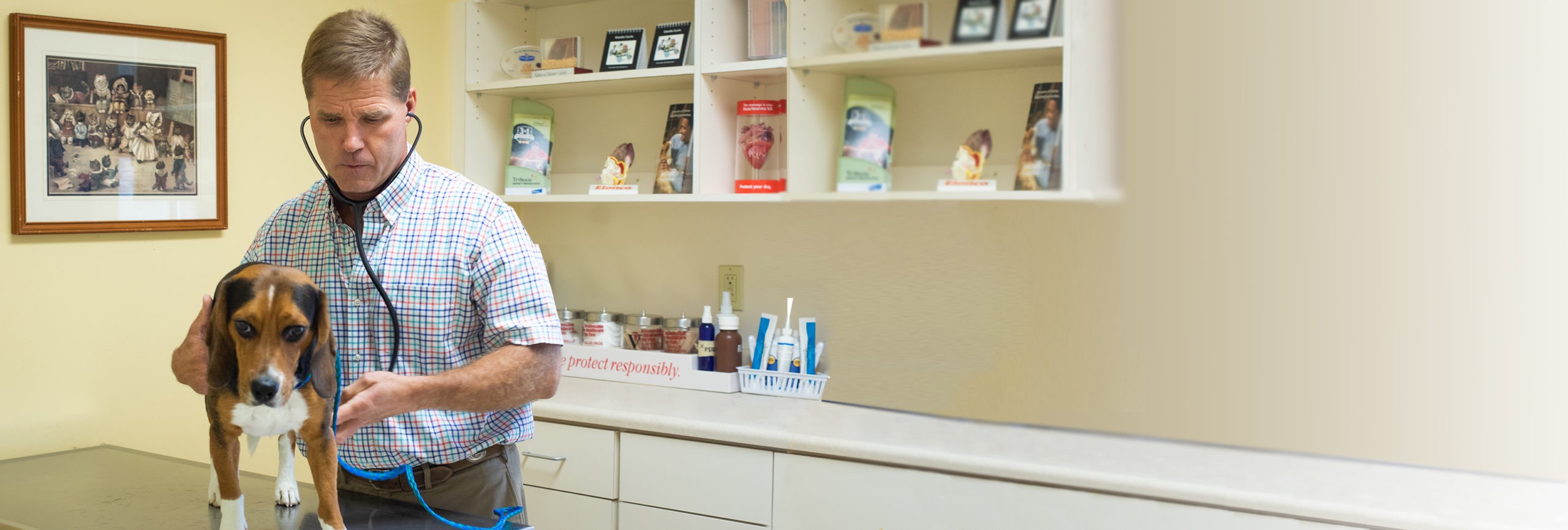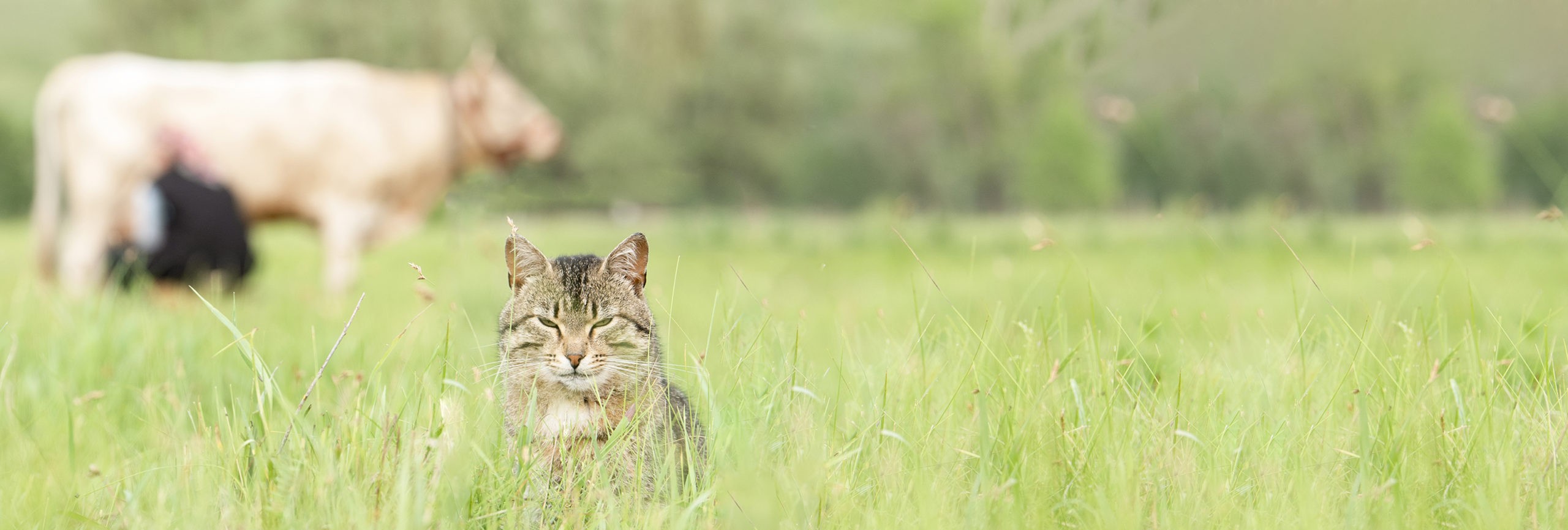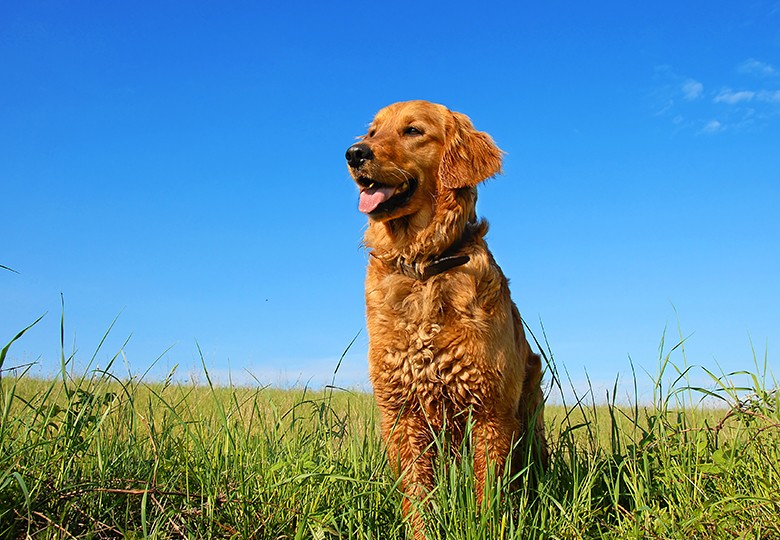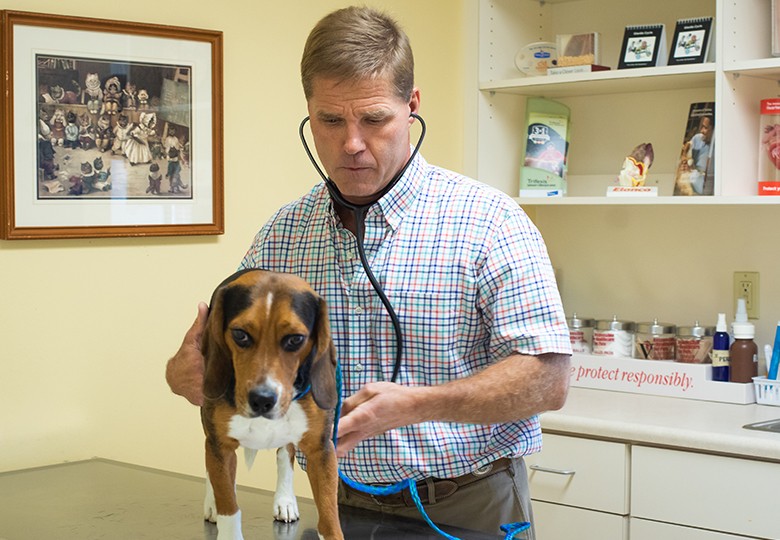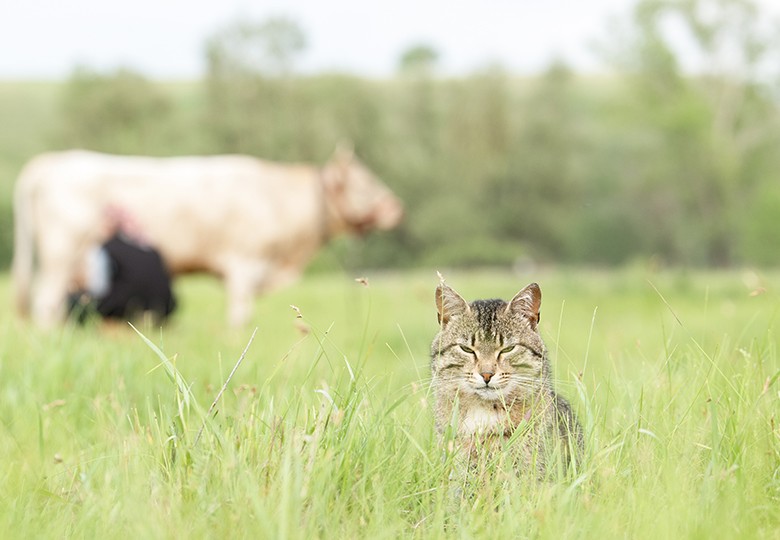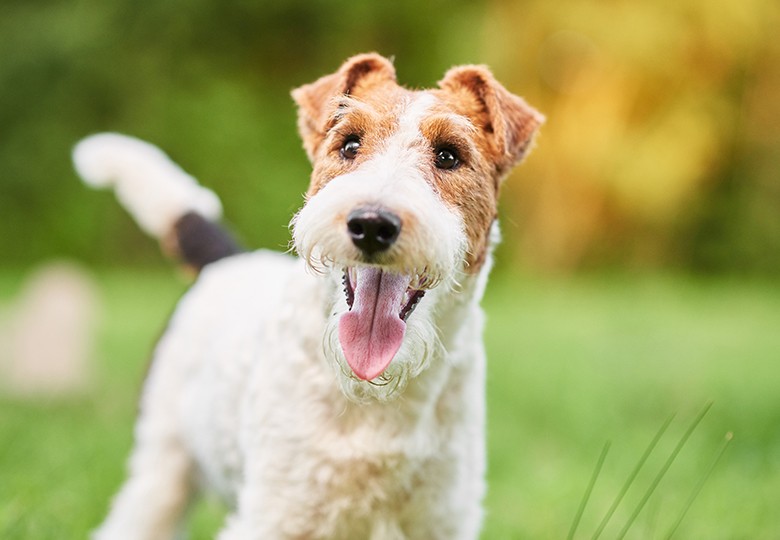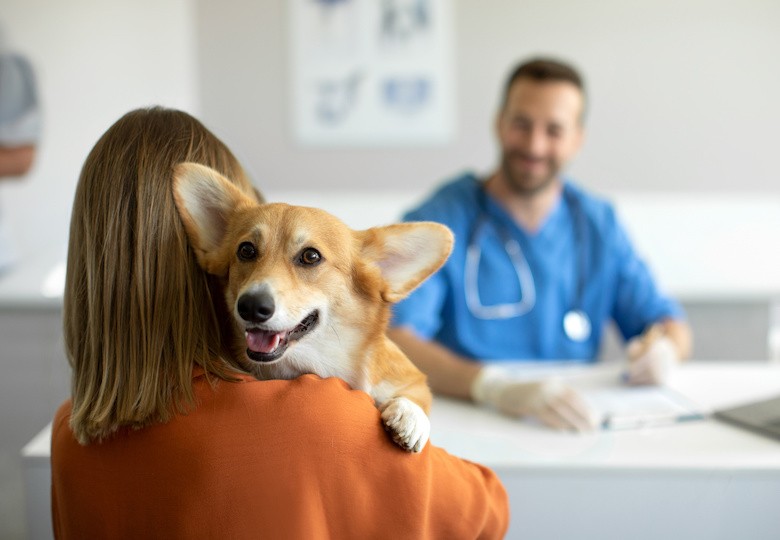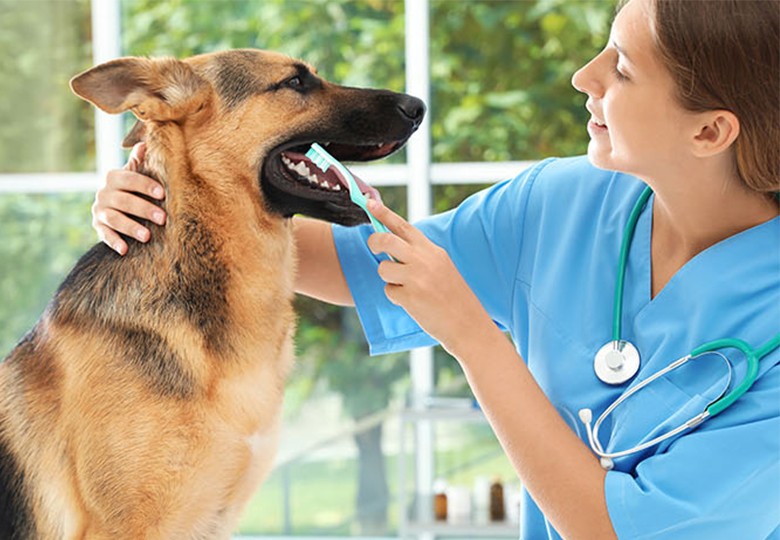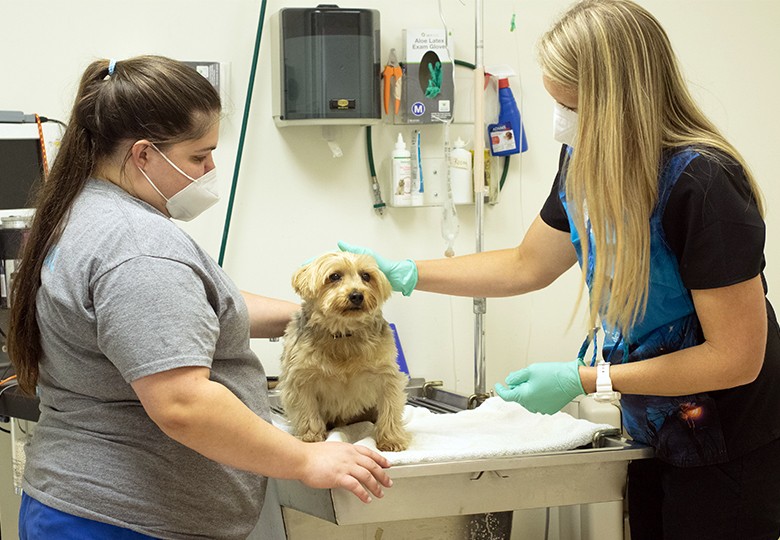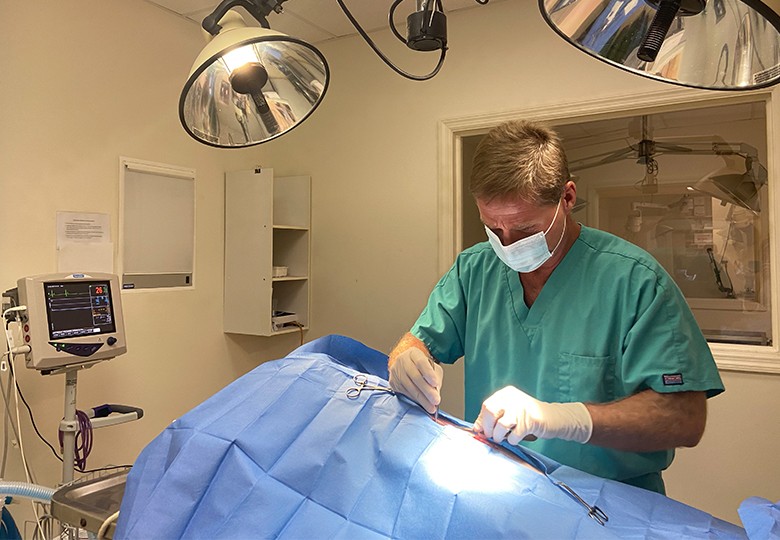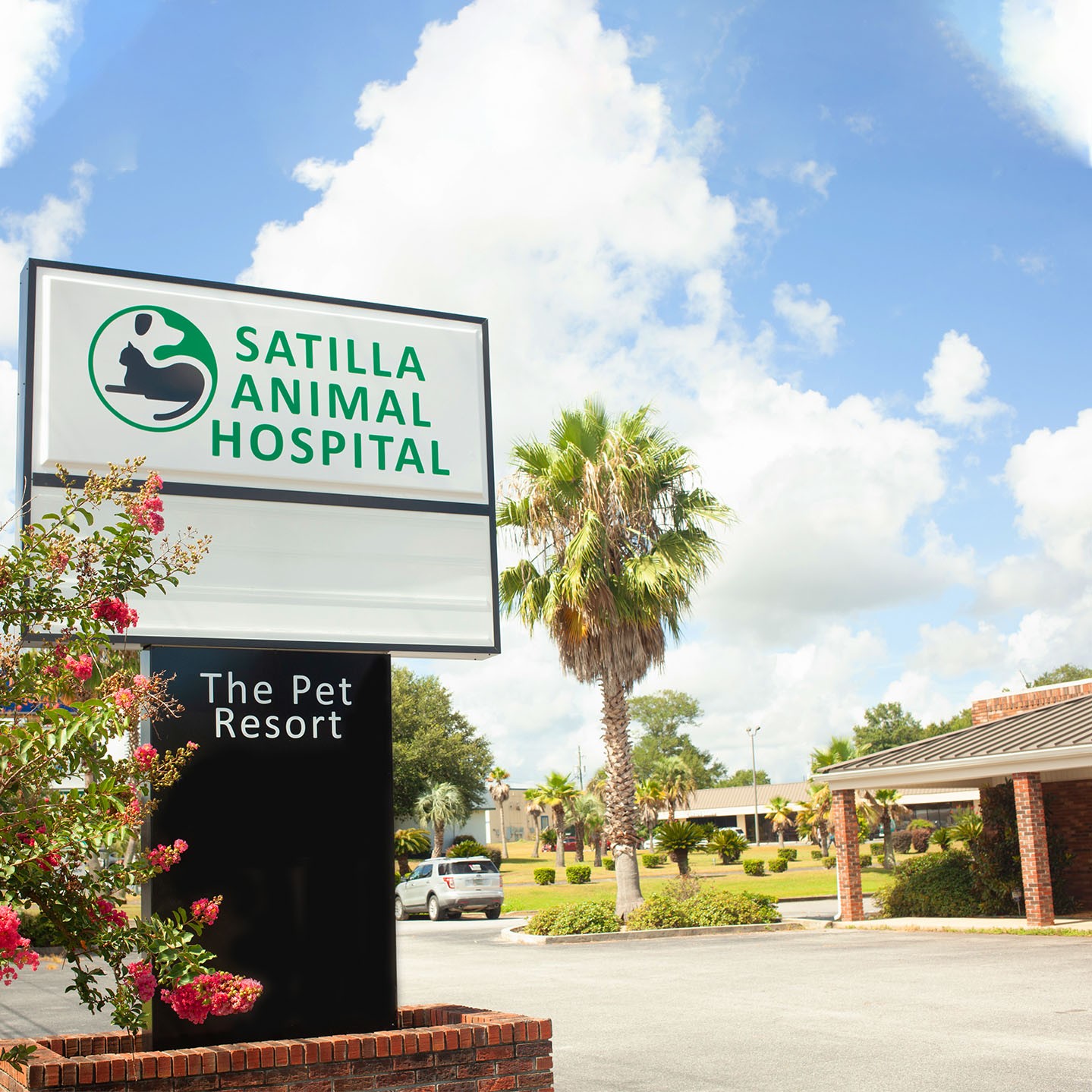
At Satilla Animal Hospital, caring for pets is our passion.
Here, we treat pets like family. We understand how important your companion is to you — because they’re there for you through the thick and thin of life, with a wagging tail or a happy purr, and unconditional love. Our goal is to be your partner in taking care of your pet’s physical and mental wellbeing, so you can enjoy many happy years together. So, whether your pet needs a checkup with a doctor… a caring team and top-notch medical treatments when they’re ill… or, some advice on the best food for them or how to care for them at home — we’re here for you! Here, we see dogs, cats, and large animals. And, we’ll strive to make their visit a comfortable and positive experience. Come in and get to know us, and see why both you and your pet will love coming here!

Meet Our Veterinarians

Dr. Hank Wheeler
Dr. Hank Wheeler received his Doctorate from The University of Georgia School of Veterinary Medicine (Go Dawgs!!) and he has practiced in this area since graduating. He is one of the founding partners of Satilla Animal Hospital. He thoroughly enjoys the many relationships with his patients and their owners. To be the "other" family doctor is a privilege!
Dr. Wheeler married his high school sweetheart, Anna, and they have been blessed with six children and one fine grandson. He and his family live on a small farm in nearby Pierce County.
Dr. Wheeler is very active in his church and community. He is involved in mission work, both here and abroad. He is an avid outdoorsman and he loves to piddle on the farm. He and his family have too many dogs, a couple of cats, a small herd of cows, and a few donkeys. Dr. Wheeler and his wife, Anna, feel blessed beyond measure to be a part of the great team at Satilla Animal Hospital and to be a part of this wonderful community.
Dr. Kenneth Blount
Dr. Kenneth T. (Tinker) Blount DVM, graduated from University of Georgia School of Veterinary Medicine in May 1989. In June 1989 he purchased a small one-man veterinary hospital in his hometown of Waycross, Ga. Over the years he was able to grow that clinic, with the aid of his veterinary partner into what it is today, a four-doctor clinic.
Today, Satilla Animal Hospital is the largest veterinary hospital in the area, serving multiple counties in Southeast Georgia.
Dr. Blount enjoys many outdoor activities including fishing, hunting, and land management. He also manages a family owned real estate business. He enjoys spending time with his wife Cristi and their two children Gracelyn and Bridger. They have multiple pets including cats and dogs.
Dr. Blount has mentored multiple veterinary students over the years and helped encourage many students interested in a veterinary career.
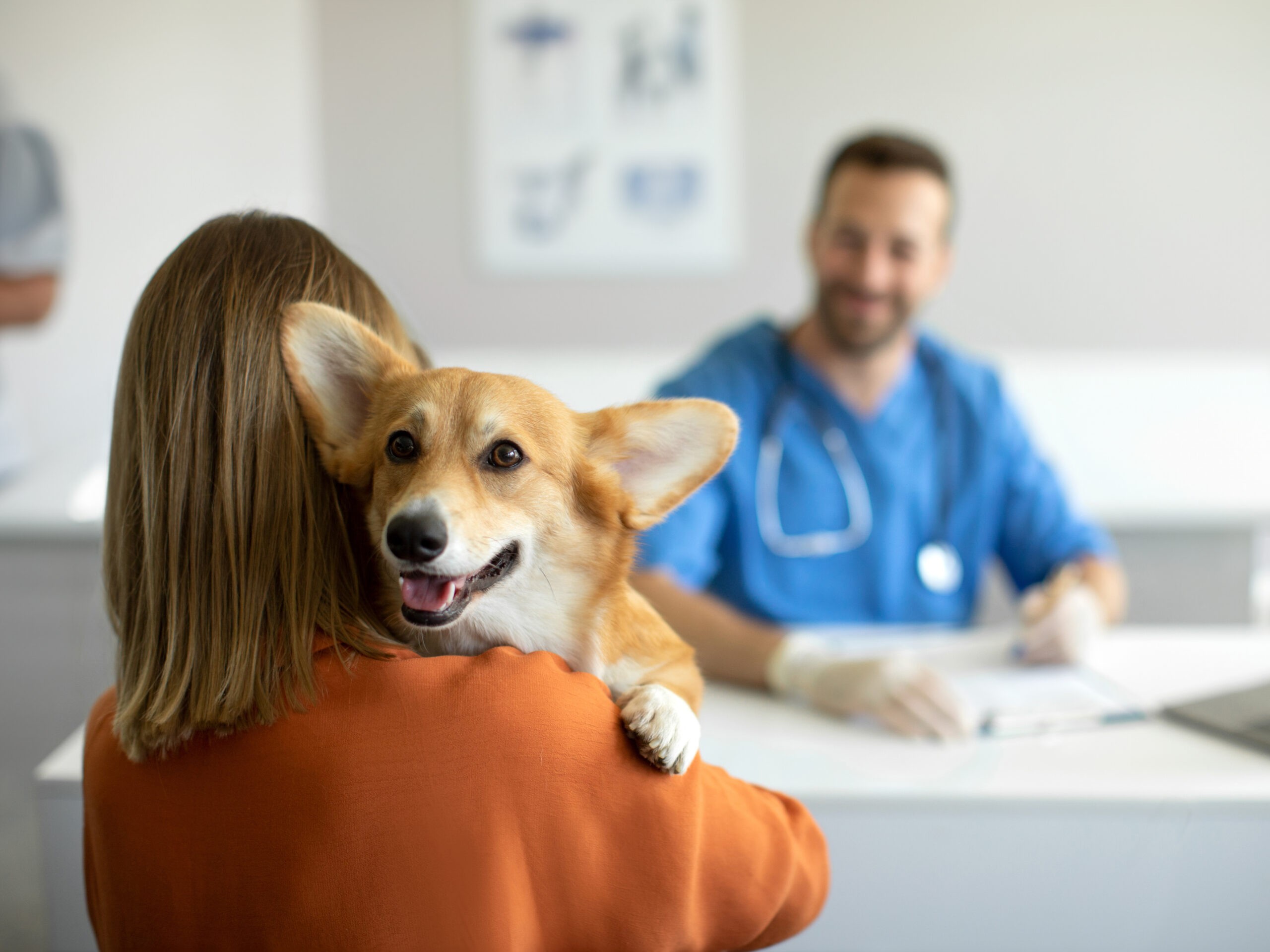
Treat animals great. Explain everything in detail. Everyone friendly and helpful. They really care about your furry loved ones.
Vickie L.
Google

I’ve been taking my dogs here for almost 10 years. They do it all, doctor visits, grooming and boarding. They have the friendliest staff and unbeatable service prices. I’ve never had a bad experience! I will never go anywhere else and I would highly recommend Satilla Animal Hospital to anyone!
Rachel
Google

They are the most compassionate people around they really care about you and your animals wouldn't go anywhere else love all the staff there.
Lena H.
Facebook

I couldn’t ask for a better staff and place! They were so kind and sensitive to our situation. I am thankful for how the staff cares for the animals and the parents especially during the difficult times. There was no rush when we made the decision to put our pup down. They gave us all the time we needed. Thank you Satilla for taking care of our sweet Belle! Y’all are the best!
Chelsea F.
Facebook

Extremely passionate with experienced staff. Time is never rushed for any questions you may have on your fur baby. Best Vets to treat any animal. I highly recommend Satilla Animal Hospital.
Dawn O.
Facebook

Clinic Resources
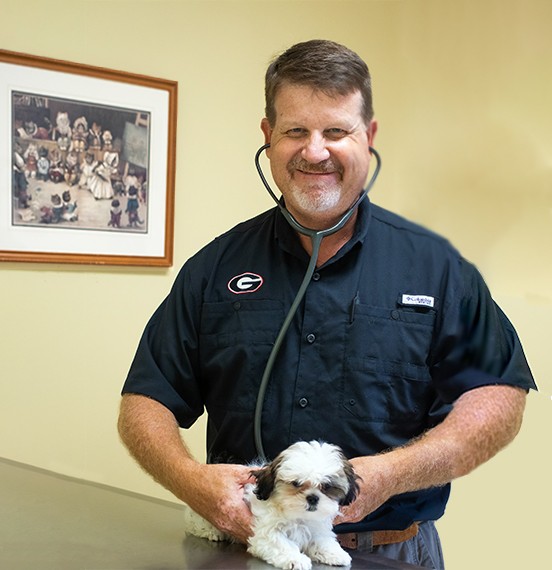
Your First Visit
No need to be nervous. Here’s what you can expect at your pet’s first visit…
FAQ
Have a question for us? Check our list of frequently asked questions, or give us a call at 912-283-7760.
Payment & Insurance
We accept a variety of payment options, including Care Credit. And, we can help you with pet insurance forms.
Forms
Save time by filling out your forms before you arrive. Use these for your first visit, boarding, and behavior consults.

